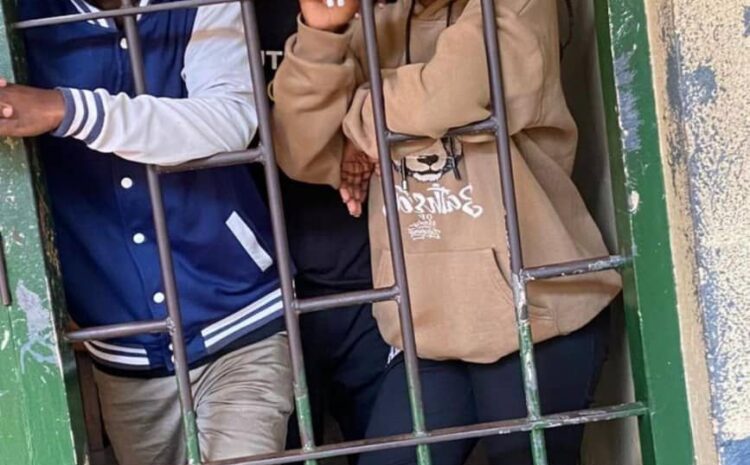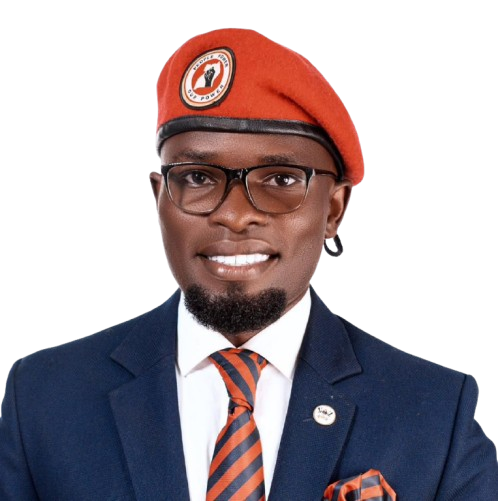
The usually quiet grounds outside Parliament came alive on March 2, as hundreds of young Ugandans gathered to demand accountability and transparency in government programs meant for the youth. Among the protestors was Wandukwa Simon Gyabi, a passionate youth activist and educator from Eastern Uganda, who joined the demonstration to amplify the voices of a frustrated generation.
Though not one of the organizers, Wandukwa stood firmly among the participants — holding a placard that read “Funds, Not Favours: Empower the Youth Honestly.” His presence symbolized a growing unity among young leaders who have grown tired of corruption, mismanagement, and empty political promises.
The protestors decried the misuse of funds in initiatives like the Youth Livelihood Fund (YLF), Emyooga, and the Parish Development Model (PDM), arguing that billions meant to empower youth had instead been lost to political gatekeeping and favoritism.
Wandukwa, speaking briefly to journalists at the scene, said the demonstration was about restoring trust between the youth and the government.
“We are not here to cause chaos,” he said. “We are here to say that corruption has stolen our future. Every shilling meant for a youth group should reach that youth group — not someone’s pocket.”
The March 2 parliament protest, though peaceful, drew a heavy police presence. Several participants were questioned, but the event ended without major incidents.
For many young Ugandans, the protest marked a turning point — proof that the new generation would no longer watch silently as their opportunities were squandered. And for participants like Wandukwa, it reaffirmed a commitment he has long stood for: a Uganda where integrity leads, and the youth are not afraid to demand it.


